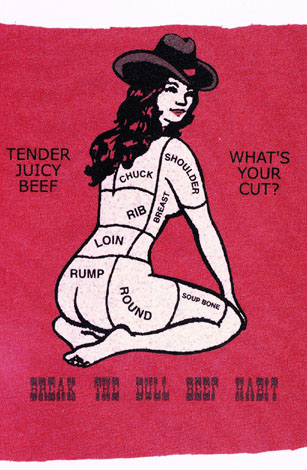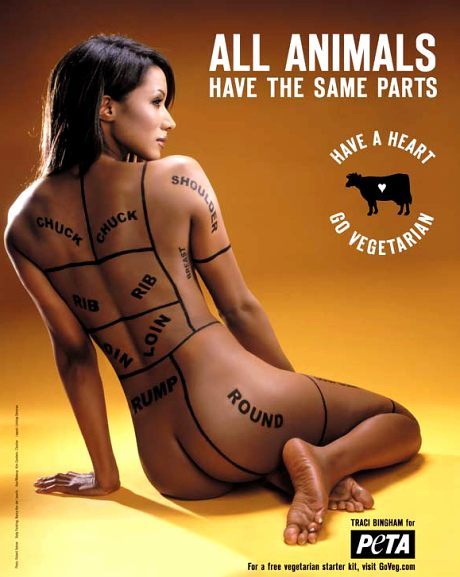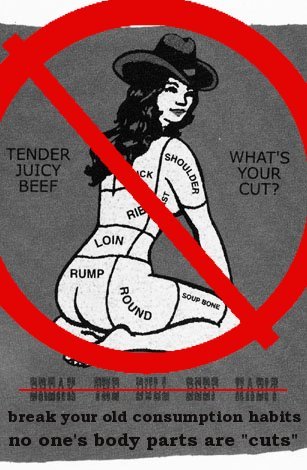Seven Principles for a Sustainable Global Economy
Ideas about how the world works that don’t accord with reality can be unhelpful … That’s especially true about mainstream economics. But in recent decades, economists and researchers have suggested a variety of reforms that would make economics truer, greener, and more sustainable. … seven of these from Chapter 1 of the Worldwatch Institute’s latest report, State of the World 2008: Innovations for a Sustainable Economy:
1) Scale.
2) Stress development over growth.
3) Make prices tell the ecological truth.
4) Account for nature’s services.
5) The precautionary principle.
6) Commons management.
7) Value women.
Read: “Green Economics”: Turning Mainstream Thinking on Its Head
Maintaining Climate, Maintaining Peace
Climate stability, reduced poverty, and less inequality should be key goals of a far-sighted security policy … Even though peacekeeping budgets have been on a welcome incline in recent years, a comparison with world military spending indicates where most governments are really prepared to put their money.
Read: Peacekeeping, a Study in Contradictions.
Vital Signs Update: Peacekeeping Budgets and Personnel Soar to New Heights.
Living Sustainably
“More is better”—the modern economic mantra—is under attack as the environmental, economic, and personal downsides of consumerism become evident. Harried, overworked, and indebted consumers are increasingly open to a focus on quality of life rather than more stuff …
Read: State of the World 2008, Chapter 4: The Challenge of Sustainable Lifestyles (pdf).
Vote: What would you ask your community leaders to do to encourage sustainable lifestyles?



